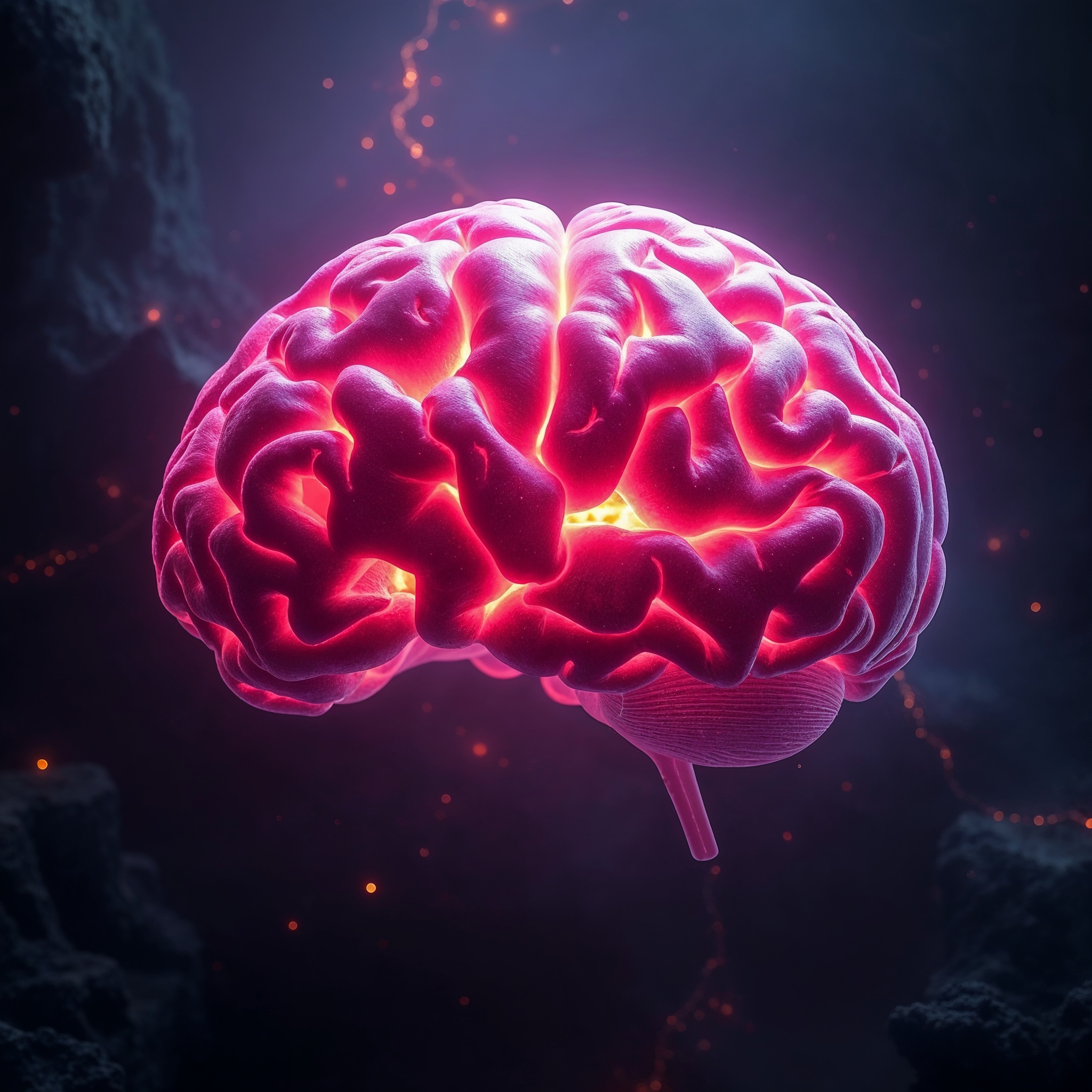When Criticism Stings: How to Separate Truth from Noise
If you have ADHD, criticism might feel like it’s coming at you from all angles—work, relationships, even your own inner voice. That’s often because of something called Rejection Sensitive Dysphoria (RSD), which can make feedback feel personal and overwhelming. But here’s why it’s worth tackling: mastering how you respond to criticism can unlock personal growth and career progress. Studies show people who handle feedback well climb the ladder faster and build stronger resilience. For you, with ADHD, this skill could be the key to turning challenges into wins.










